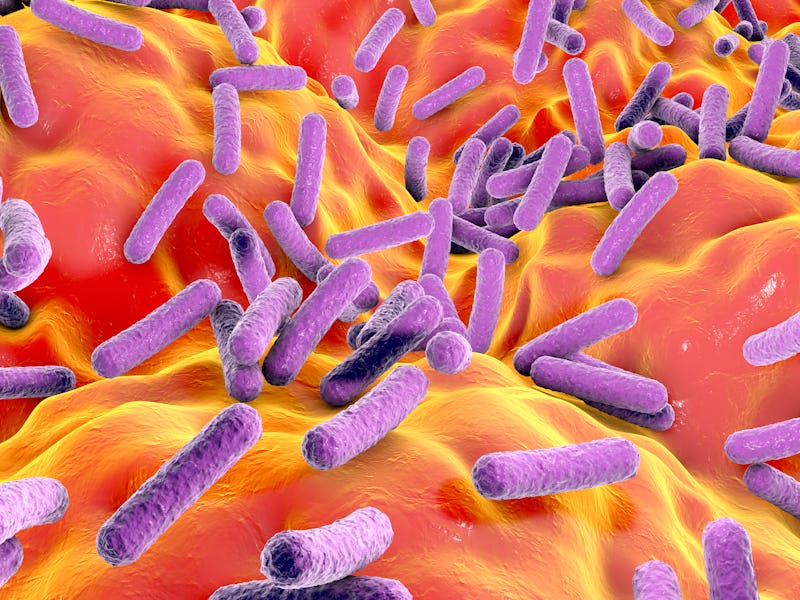Microorganisms in your gut may influence who you are
Research reveals how the gut may influence behavior.

Your gut microbiome is made up of trillions of microbes found inside the human body — a gigantic ecosystem of bacteria, fungi, viruses, yeasts, and protozoans. Every individual’s microbiome is unique, differing vastly from person to person.
This microbiome influences health and mental health. According to a study published in March, it may also influence your personality.
Inverse is counting down the 20 stories redefining 'human' from 2020. This is number 13. See the full list here.
The relationship between the gut microbiome and the brain is known as the microbiome-gut-brain axis. Research increasingly suggests the microbiome holds a surprising amount of influence over the inner workings of our physiology: our weight, our immune system, our appetite, our metabolism.
Although the concept may sound strange — could microbes in your gut really determine how many friends you have? — personality has also been added to the list of influenced components.
In the paper, Katerina Johnson, the study’s author and a microbiome-gut-brain axis researcher at Oxford University, makes the case that there are correlations to be found between certain personality traits and a person’s gut ecology.
To prove her point, Johnson and her colleagues examined gut microbiome data drawn from the fecal samples of 655 adults and compared it with information about their personality, behavior, lifestyle, diet, and sociodemographic factors.
It transpired that people with bigger social networks were found to have a more diverse microbiome —perhaps because we gather new bacteria through close interactions with different people. On the opposite end of the spectrum, those with a less diverse microbiome reported higher levels of anxiety and stress.
It remains to be seen whether it is the makeup of our microbiome that drives and forms our personality traits, or whether it’s the other way around. It’s possible it may be a combination of the two.
Either way, the relationship is in desperate need of more exploration — one day, it might lead to the development of new therapeutics, for conditions such as dementia or autism.
Inverse is counting down the 20 stories redefining 'human' from 2020. This is number 13. Read the original story here.